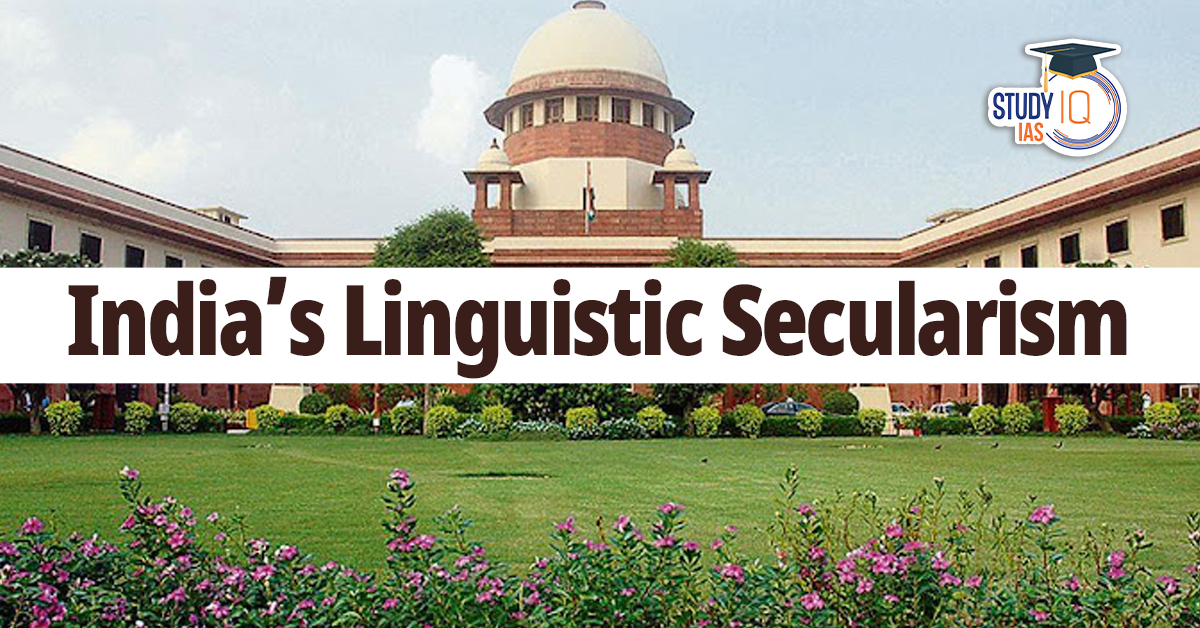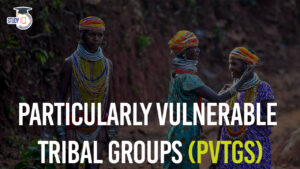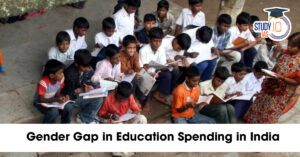Table of Contents
Context: India’s linguistic and religious diversity sustains its secular fabric, but rising identity politics and language-based tensions threaten national unity.
How the Indian Constitution Guarantees Linguistic Secularism
- Article 29: Ensures every community’s right to conserve its distinct language, script, or culture, protecting minority linguistic identities.
- Eighth Schedule: Recognizes 22 official languages, symbolizing constitutional respect for linguistic diversity.
- Article 343: Declares Hindi in Devanagari script as the official language of the Union, not the national language.
- Article 345: Allows States to adopt their own official languages, respecting regional linguistic preferences.
- No National Language: By design, India avoids imposing a single national language, thereby preventing linguistic majoritarianism.
Why There Is No National Language in India
- Constitutional Intent: The framers chose not to designate any national language to preserve India’s multilingual identity.
- Diverse Population: With 121 major languages and 270 mother tongues, imposing one language would be divisive.
- Federal Ethos: India’s “Union of States” model protects regional autonomy and cultural identities.
- Past Resistance: Historical anti-Hindi movements in Tamil Nadu and northeastern States resisted central linguistic imposition.
Challenges Related to Linguistic Secularism in India
- Language-Based Violence: Recent attacks on non-Marathi speakers in Maharashtra show the rise of linguistic identity politics.
- Hindi Imposition Fears: Southern and northeastern States perceive Hindi promotion as cultural domination.
- Cultural Marginalization: Smaller languages not in the Eighth Schedule risk erasure and neglect.
- Political Polarization: Language issues are increasingly being politicized for electoral gains.
- Lack of Educational Access: Inequity in mother tongue-based education, especially for tribal and minority communities.
What Needs to Be Done
- Promote Linguistic Pluralism: Encourage the use and documentation of all languages, not just scheduled ones.
- Strengthen Mother Tongue Education: Implement NEP 2020 provisions supporting early education in regional languages.
- Enforce Constitutional Protections: Uphold Articles 29, 343, and 345 rigorously to prevent linguistic discrimination.
- Counter Identity Politics: Discourage political actors from fueling linguistic chauvinism.
- Expand Eighth Schedule: Consider including more unrecognized languages to give them constitutional backing.
- Foster National Integration: Promote inter-linguistic respect through cultural exchanges and inclusive policy-making.


 Particularly Vulnerable Tribal Groups (P...
Particularly Vulnerable Tribal Groups (P...
 Geo-tagging of Buildings During Upcoming...
Geo-tagging of Buildings During Upcoming...
 Gender Gap in Educational Expenditure in...
Gender Gap in Educational Expenditure in...




















